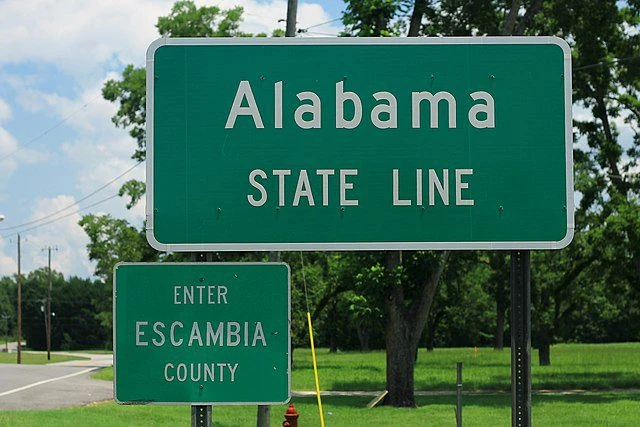Alabama senate rejects lottery, slots hours after house approved it

Twenty-one votes were needed in the senate to reach the required two-thirds majority. The chamber voted, 20-15, on HB 151. The bill was a constitutional amendment that would have sent the decision to legalise lottery to the voters. One vote short, the senate rejected lottery.
Alabama is one of five states that does not have a lottery.
Taken together, the package of bills would have allowed for a legal in-person lottery, slot machines at seven locations, traditional raffles and and bingo on paper. They would have also required the governor to compact with the Poarch Band of Creek Indians for in-person Class III gaming. The tribe currently operates three Class II casinos.
Sports betting was cut from the bill in conference committee.
Senate rejects lottery… but lays it over
The senate opted not to vote on HB 152, the enabling legislation. After the senate rejected lottery, failing to get the needed two-thirds majority, it agreed to lay over HB 151. That decision doesn’t seem to follow procedure. But it could open the door for the bills to resurface in Montgomery before the session is scheduled to end on 14 May.
Earlier in the day, the house got at least 70 votes in favour of both bills. But prior to the senate vote, which took place at at close to 11pm local time, opposition was clear.
One senator said he would not vote for the bill because a lottery is “selling hope $3 at a time”. He went on to say that he didn’t think the state would be better off in the long run with a lottery. But he did acknowledge: “I do hate all the illegal stuff that is going on. It is a cancer.”
Others pointed to the next generation, saying that being tempted by a lottery was not in their best interest.
Lottery tickets just a state away
Several senators pointed to the fact that Alabama is surrounded by legal lottery states. Those who live on the borders have easy access to lottery tickets in states like Florida, Georgia and Mississippi.
The package of bills began its march in February. At that time, the proposal was a massive expansion of gambling. It would have legalised lottery, retail and digital sports betting, and 10 brick-and-mortar casinos.
